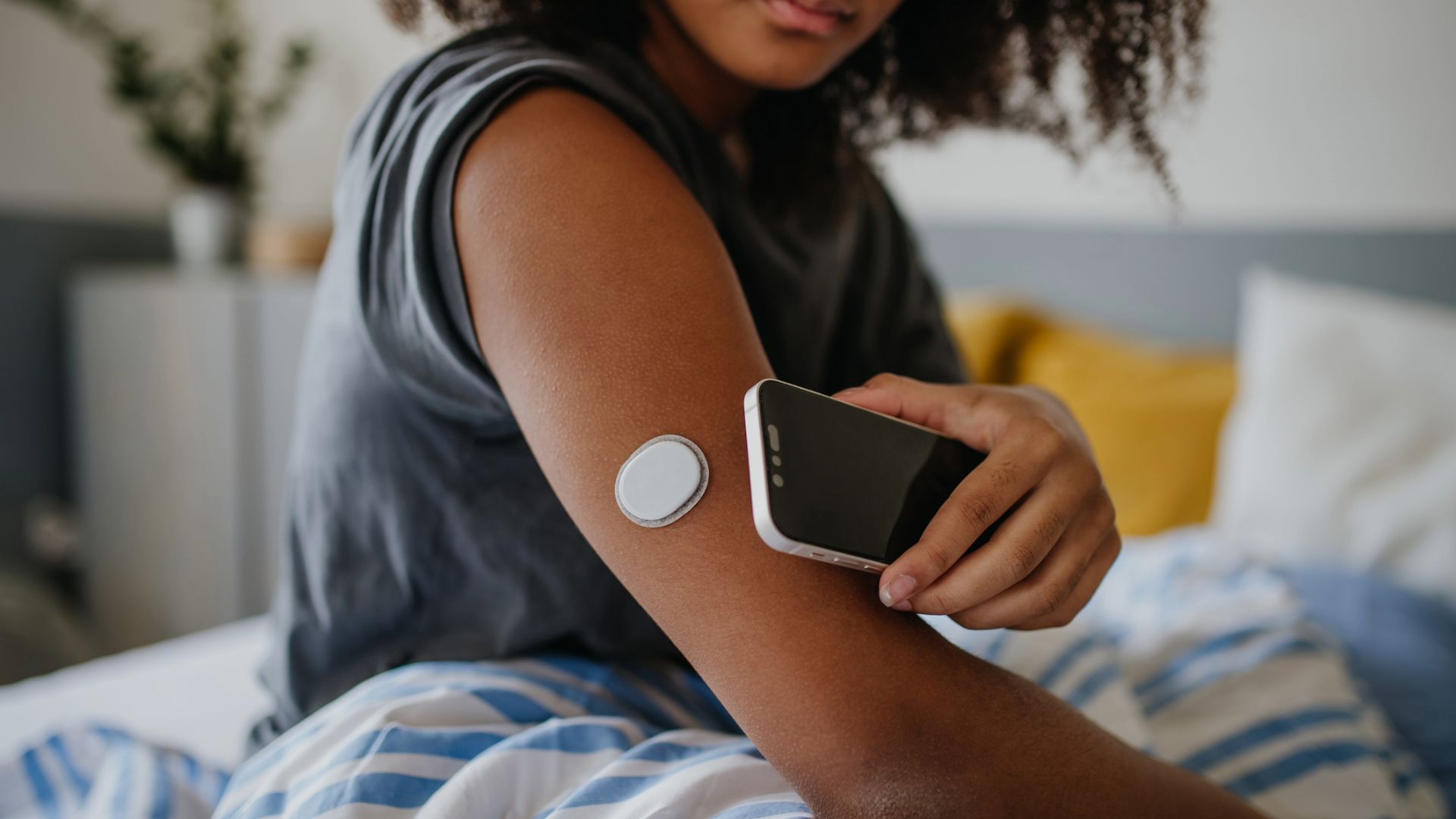Updated on April 1, 2024
When a kid, tween, or teen is living with type 1 diabetes, there may be times when they feel different from their peers, feel embarrassed about their condition, or feel like they stand out. Not only can this be uncomfortable and frustrating, it can be a potential hurdle to diabetes management. But with a bit of planning and preparation, managing diabetes does not have to interfere with school, extracurricular activities, or plain old fun.
With that in mind, here are five tips for kids living with diabetes and their parents, guardians, and caregivers. While these tips are aimed at kids, they work just as well for adults. After all, good nutrition, exercising safely, and planning ahead are helpful strategies for people of all ages who are living with diabetes.
Teach people how to help
Learning to manage diabetes independently is a major goal for kids and teens with diabetes. At the same time, you want help to be there when help is needed. Coaches, teachers, parents of friends, and others can become part of a support system. Identify key people and talk to them about how to recognize the signs of high and low blood sugar. This can ensure someone knows what to do in an emergency.
Know how to pack a lunch
Lunchtime is an important meal for kids and teens with diabetes. It’s the meal they are most likely to be eating away from home most days of the week and it’s a major opportunity to fit blood sugar-balancing foods into a busy day. Whether it’s a sandwich, leftovers, or something else, make sure that the meal has the right balance of carbs, protein, and healthy fats. Snacks throughout the day are also important to keep blood sugar balanced. Make sure that meals and snacks are appealing enough that a kid isn’t reaching for fast food or vending machine snacks instead.
Know how activity affects blood sugar
Exercise can cause blood sugar levels to drop. This can happen during exertion and afterwards. Kids of any age should be performing a glucose check right before an activity (like gym class or sports practice), at the halfway point, and immediately after. Always have an appropriate snack ready to adjust blood glucose levels. Blood glucose levels should also be monitored for several hours afterward. A healthcare provider will be your best source of information about exercise and sports safety.
Plan ahead for parties
Parties and other social events are another part of managing diabetes that both kids and caregivers will need to understand how to navigate—and another topic that can be helpful to discuss with a healthcare provider, such as a pediatrician or diabetes educator. Food affects blood sugar, and when someone else is preparing a meal, you are dining out, or a kid is enjoying dessert, you’ll both need to understand carb counting and how to adjust insulin doses appropriately.
Prepare for days and nights away from home
Kids with diabetes can live a normal life as long as they give appropriate attention to managing the condition. This includes things like sleepovers, camping, camps centered around sports or other interests, and visiting friends or relatives. The first item in this article—teach people how to help—is essential. Any coach, teacher, counselor, or parent who will be watching a kid with diabetes will need to understand the condition, including what high and low blood sugar episodes look like and how to address each appropriately. You will also want to make sure that a kid has all the tools they need on hand. Have an overnight kit ready to go, with supplies for glucose testing, fast-acting snacks, insulin, first aid, and emergency contact information.





